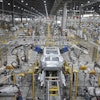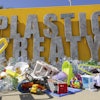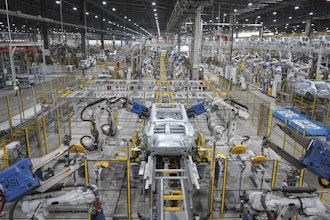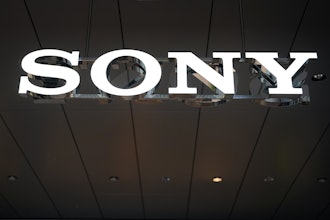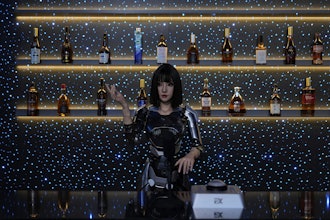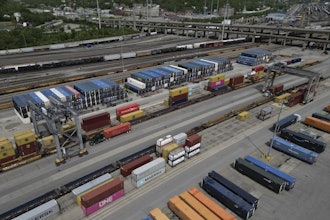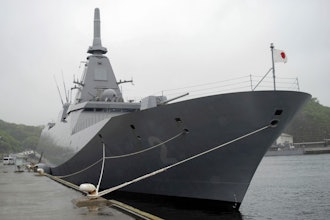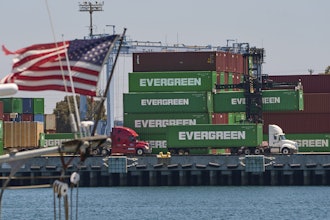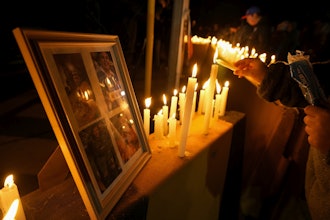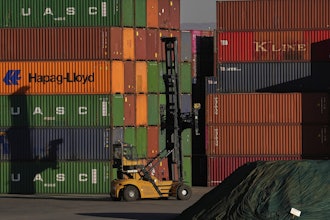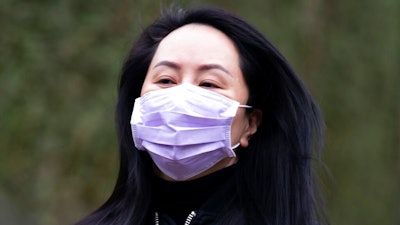
VANCOUVER, British Columbia (AP) — A senior executive for Chinese communications giant Huawei Technologies was returning to a Canadian courtroom Monday to begin a series of hearings in which her lawyers will argue her extradition to the U.S. should be halted because her rights have been violated.
Canada arrested Meng Wanzhou, the daughter of Huawei’s founder and the company’s chief financial officer, at Vancouver’s airport in late 2018. The U.S. wants her extradited to face fraud charges. Her arrest infuriated Beijing, which sees her case as a political move designed to prevent China’s rise.
The U.S. accuses Huawei of using a Hong Kong shell company called Skycom to sell equipment to Iran in violation of U.S. sanctions. It says Meng, 49, committed fraud by misleading the HSBC bank about the company’s business dealings in Iran.
Over the next several weeks, Meng’s defense team will present several justifications for halting the extradition proceedings.
They will argue her arrest was politically motivated and will point to comments made by former U.S. President Donald Trump that he was using Meng as a bargaining chip to force a better trade deal with China. They also will claim an abuse of process, saying Canada Border Services Agency officers detained and questioned Meng without a lawyer, seized her electronic devices and compelled her to give up the passcodes before her official arrest.
Her lawyers also contend the U.S. is exceeding the limits of its jurisdiction by prosecuting a foreign citizen for actions that took place in Hong Kong and that Canada was misled by the U.S. about the strength of its case.
Michael Byers, a University of British Columbia political scientist and former law professor who dealt in extradition law, said the border officers questioning Meng at the airport before she realized she was being arrested could affect the case.
“It appears some of those questions were being asked as a result of information requested by the FBI,” Byers said. “On its face, that could be a violation of her rights.”
Canada’s attorney general said in court documents that Trump’s comments were public statements by a president no longer in office about a possible intervention that never occurred.
If Supreme Court Associate Chief Justice Heather Holmes rules in Meng’s favor on any of the defense arguments, the prosecution will likely appeal.
Meng’s arrest has soured relations between Canada and China. In apparent retaliation, China detained former Canadian diplomat Michael Kovrig and Canadian entrepreneur Michael Spavor. China has also placed restrictions on various Canadian exports to China, including canola oil seed. China also handed death sentences to four Canadians convicted of drug smuggling. Kovrig and Spavor are remain jailed. Meng remains free on bail in Vancouver and living in a mansion.

